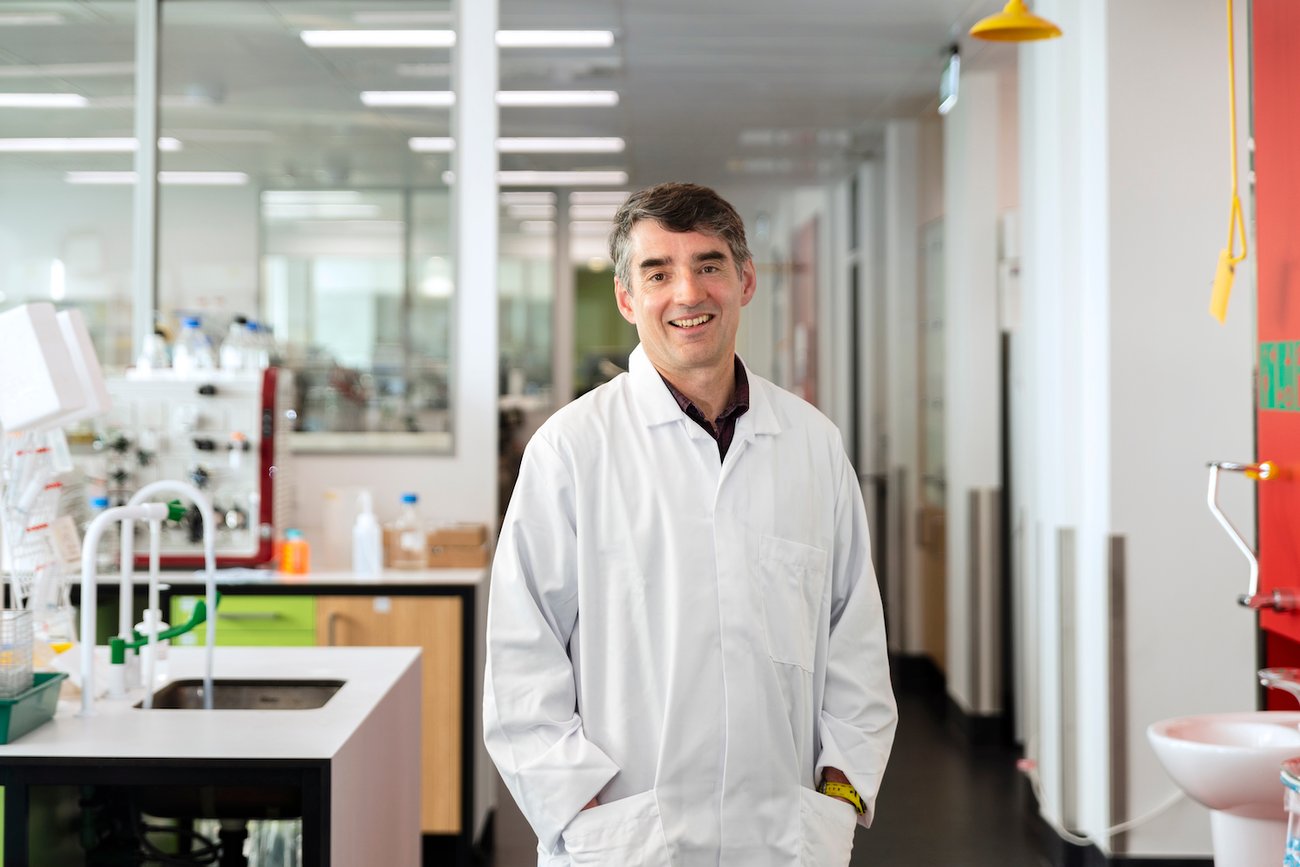
KiwiNet, an organisation that supports entrepreneurial researchers who want to make a difference in the world, has reached a milestone of supporting 100 New Zealanders through its Emerging Innovator Programme.
The organisation, made up of 19 New Zealand universities, Crown Research institutes and other research organisations, is supporting Kiwi innovative entrepreneurs who are sparking a change in variety of industries.
The 100 includes innovations from new breast screening technology, sustainable building technologies to the world’s very first ‘camera for smell’.
Jessica Fitzjohn from the University of Canterbury is the researcher and developer behind the breast screening tech, Digital Elasto Tomography (DIET).
Through the programme, Fitzjohn has been able to focus on market validation for her overall goal: improving breast screening equity.
Dr Andrew Kralicek, Founder and CTO of Scentian Bio, the developers of the world’s first ‘camera for smell’, has been on a successful journey since joining in 2016.
“The programme opened doors that would not have opened otherwise, such as to investors and the Bill & Melinda Gates Foundation, which recently awarded us a $1.7 million USD grant,” he adds.
Read more: Meet the company helping sprout NZ’s AgTech and FoodTech industry
Other entrepreneurs who have joined the programme include Dr Brendan Darby of Marama Labs, who are commercialising a spectroscopy device that test liquids, Jonathan Ring of Zincovery who are decarbonising zinc recycling, and Mrinali Kumar of EatKinda, the ice cream made of cauliflower.

The Emerging Innovator programme is giving these Kiwis a chance to create an alternate career pathway in science commercialisation and make them ‘investor ready’.
Seumas McCroskery, Entrepreneurship Lead at KiwiNet, says this programme has been all about creating “science superheroes” who are going to take New Zealand’s innovative research to a whole new level for the world.
He adds that for a lot of the nation’s biggest problems, science and research have the power to solve them.
“We need more great innovators turning their ideas into reality more quickly. It’s programmes like this that can help them do just that,” he adds.
With the help of scientists with disruptive new ideas, McCroskery hopes to introduce to the world Kiwi entrepreneurs with a passion to solve industry challenges.
“From here, the opportunity is to scale the programme exponentially to support more research innovators to turn their ideas into reality faster. We have big plans.”




